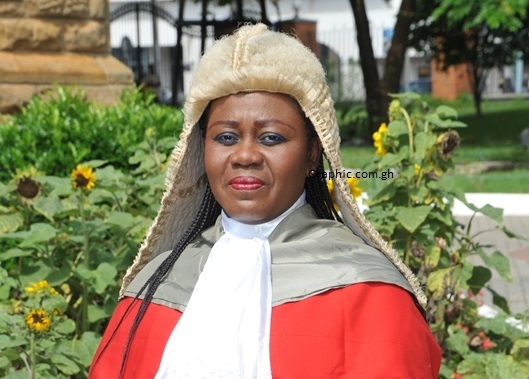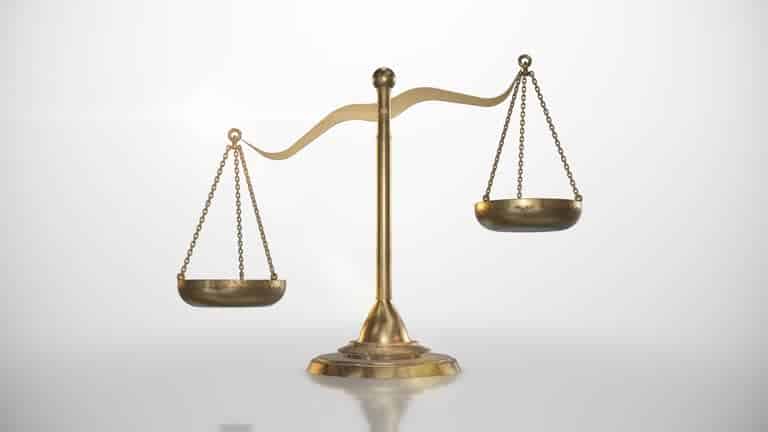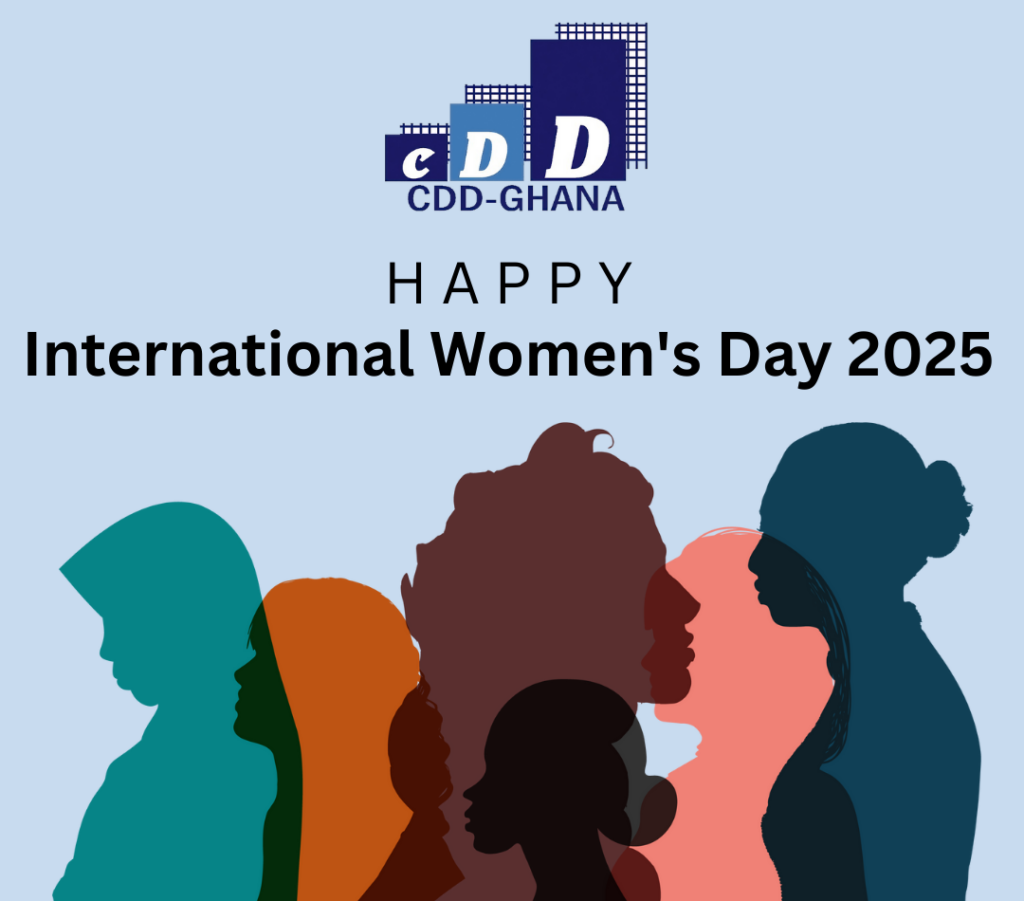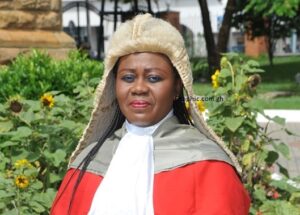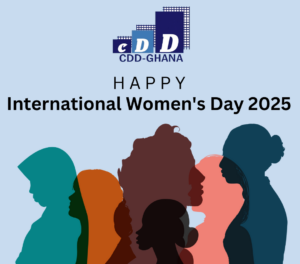The galamsey issue is once again featuring in our public square conversations. In my September 5th op-ed piece, I summarized public sentiments on the issue, drawing on data from the Afrobarometer survey (Round 7, 2017) and CDD-Ghana’s pre-election survey (October 2020). As per the data, Ghanaians say – a) citizens should not engage in ‘galamsey’; b) economic challenges notwithstanding, citizens should still not engage in ‘galamsey’; and c) government should be responsible for providing alternative livelihoods for persons engaged in ‘galamsey.’ In addition, the percentage of Ghanaians approving of government’s effort in dealing with ‘galamsey’ declined from 86% (Round 7, 2017) to 59% (CDD-Ghana, pre-election survey, October 2020).
The current demand of Ghanaians who are voicing concerns about galamsey include a) a call on government to declare a state of emergency; b) a temporary ban on small scale mining; and c) an immediate and forceful clampdown on all galamsey sites.
As I reflect on these demands, it occurs to me that there is a disconnect. In my opinion, what Ghanaians are asking for, appear not to be well reflected in what the two main political parties (NDC and NPP) are proposing in the respective election year manifestos.
In my opinion, while Ghanaians speaking up appear to be demanding a heavy-handed approach, my analysis of what the two parties are proposing in their manifestos, seem to be giving assurances of a less heavy-handed approach. Instead, the proposals point to the use of a) improved practices; b) greater regulatory oversight; and c) government support as the way to address the issue within the context of small-scale mining.
Why do I say so?
The NPP and NDC Proposals
The NDC’s proposals are contained in Section 4.3.2.1-Mining of their manifesto. The NPP’s proposals are contained in Section 10.4.1.- Mineral Resources and Small-Scale Mining, under a subsection titled Addressing Galamsey. The proposals selected are those that mention small scale mining or galamsey and are reproduced here verbatim.
Improved practices. The NDC proposes to a) apply state-of-the-art technology, including AI, to track all excavators and geo-fence all SSM concessions in Ghana; and b) ensure that mining operations are not conducted in unapproved areas, such as water bodies, and that the concession holders rehabilitate impacted areas. The NPP proposes to a) make available the proven reserves data by Geological Survey Authority to small-scale miners to reduce the incidence of trial-and-error digging; b) scale-up the use of the mercury-free gold Catcher machine technology; and c) construct settlement dams to ensure safe storage and treatment of discharge water from the gold-catcher machine operations.
Greater regulatory oversight. The NDC proposes to a) re-categorize mining in Ghana into small-scale (SSM), medium scale (MSM), and large-scale (LSM), each with tailored regulatory, operational, environmental, and safety requirements; b) set up a Ghana Gold Board (GOLDBOD) to regulate the small-scale mining sector; c) establish Artisanal Small-scale mining Cooperatives (ASMCs) for community members interested artisanal small-scale mining; and d) decentralize regulatory and licensing processes for artisanal miners. The NPP proposes to a) simplify the small-scale mining licensing regime through amendment of the law; b) use a comprehensive and collaborative approach to ensure strict adherence to mining laws and regulations; and c) reform the licensing regime for the small-scale mining sector.
Government Support. The NDC proposes to a) facilitate the setting up of mining equipment pools in each small-scale mining district, to ensure easy and affordable access to necessary mining equipment. The NPP proposes to a) aggregate and utilize the Reclamation Fund to implement land reclamation programs; and b) establish a Minerals Development Bank to finance viable local mineral projects, small scale miners, as well as Ghanaian mining and mining services firms.
Where do we go from here?
I do not doubt that the two parties recognize the devastating impact of galamsey. However, it is instructive to note the number of times the word galamsey is used in their respective manifestos. More importantly, as I noted a month ago, there appears to be a conscious effort not to create the impression of a heavy-handed approach to dealing with the issue if elected on December 7th. Is this a reflection of the political economy dynamics of galamsey in an election year?
While the purpose here is not to evaluate the merits or otherwise of the proposals from the two main political parties, I have two concerns. First, how do these proposals change the incentive structure of the artisanal and small-scale mining sector in such a way as to dissuade people from engaging in galamsey? Second, given the persistence of the problem under the regulatory regimes in place, how assured are we that the greater regulatory oversight strategies being proposed will yield the desired results?
These are questions worth asking in the ongoing debate.
 Prof. John Osae-Kwapong (Ph.D) is a Democracy and Development (D&D) Fellow at the Ghana Center for Democratic Development (CDD-Ghana) and the Project Director at The Democracy Project.
Prof. John Osae-Kwapong (Ph.D) is a Democracy and Development (D&D) Fellow at the Ghana Center for Democratic Development (CDD-Ghana) and the Project Director at The Democracy Project.


